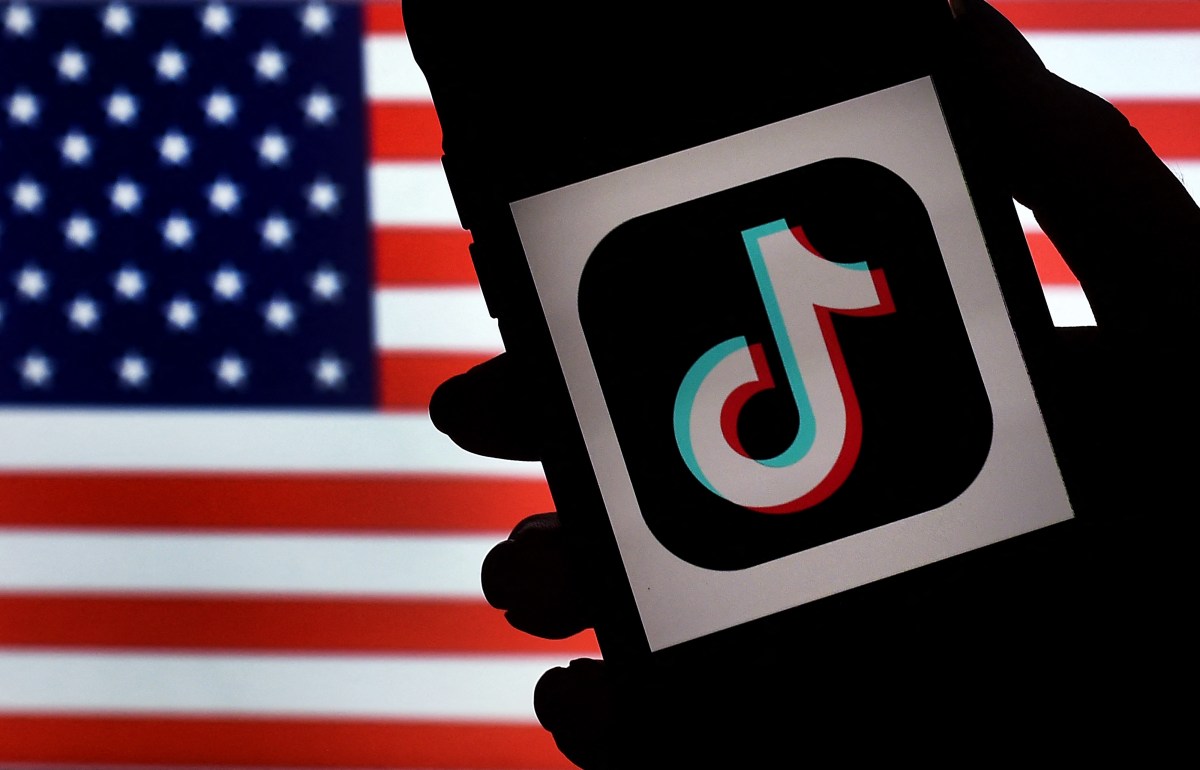Here is the rewritten content without changing its meaning, retaining the original length, and keeping proper headings and titles:
The popular social media app TikTok, owned by the Chinese company ByteDance, has been at the center of controversy in the United States for the past four years. The app has faced concerns about the potential for user data to be accessed by the Chinese government. Early this year, TikTok experienced a temporary outage in the U.S., leaving millions of users in suspense before it was quickly restored.
Following the outage, TikTok returned to the App Store and Google Play Store in February. However, the app’s future remains uncertain, with a potential second ban looming on April 5. Several investors are competing to purchase the app, and if a deal is successful, the platform’s U.S. business could see its valuation soar to over $60 billion, according to estimates by CFRA Research’s senior vice president, Angelo Zino.
TikTok Ban: What’s Happened So Far
To understand the high-stakes drama surrounding TikTok, it’s essential to revisit the timeline of the app’s tumultuous relationship with the U.S. government, which has led to various legal battles and negotiations. The drama began in August 2020 when Trump signed an executive order to ban transactions with ByteDance.
A month later, Trump’s administration attempted to force the sale of TikTok’s U.S. operations to a U.S.-based company, with leading contenders including Microsoft, Oracle, and Walmart. However, a U.S. judge temporarily blocked Trump’s executive order, allowing TikTok to continue operating while the legal battle unfolded.
The situation progressed further last year with the transition to the Biden administration. The U.S. House of Representatives passed legislation against TikTok in an overwhelming 360-58 vote. On April 23, 2024, the Senate passed the bill.
Following the bill’s passage, President Joe Biden signed the bill requiring TikTok to be sold or banned. In response, TikTok sued the U.S. government, challenging the constitutionality of the ban and arguing that the app and its American users were having their First Amendment rights violated. TikTok has consistently denied posing a security threat, asserting that its data stored in the U.S. complies with all local laws.
Trump Has a Change of Heart

In a surprising turn of events, Trump opposed the potential ban of TikTok in a court filing on December 27, 2024, stating he could find a way to keep the app in the U.S. This stance was a stark contrast to his approach during his first presidency.
In January, the U.S. Supreme Court upheld the Protecting Americans from Foreign Adversary Controlled Applications Act (PAFACA), commonly referred to as “the TikTok ban.” TikTok made a formal announcement that it would likely have to go dark on January 19.
TikTok Shuts Down … Then Comes Back Online
Although TikTok indeed shut itself down in the U.S. when the act came into effect, it didn’t last long. The app Source Link





